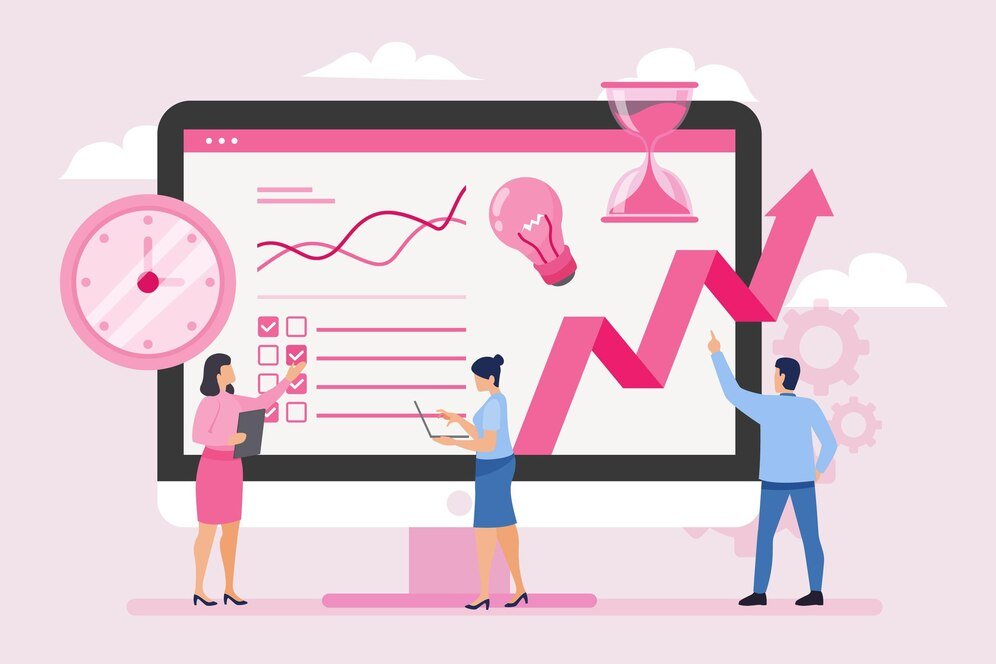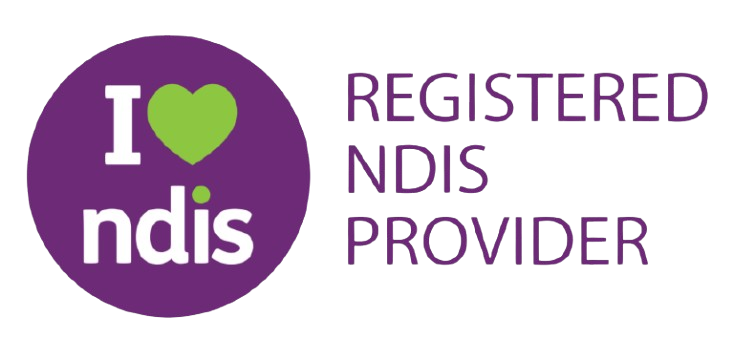Specializing in neurological care, enhancing independence and quality of life. Learn more;

Continence Management—Causes, Practical Tips, and Solutions for Daily Life
Continence refers to the body’s ability to control bladder and bowel movements. For many, this is a natural function, but for some, managing continence can be a daily challenge.
Issues with continence can arise due to medical conditions, injuries, ageing, or neurological disorders. Finding the right management strategies can significantly improve an individual’s quality of life.
This guide covers the common causes of continence issues, practical management tips, and solutions that can make daily life easier.
Common Causes of Continence Issues
There are several reasons why someone may experience continence problems. Identifying the cause can help in choosing the most effective management approach.
1. Medical Conditions
Certain health issues can weaken bladder and bowel control. These include:
- Diabetes – High blood sugar levels can affect nerve function, leading to incontinence.
- Urinary Tract Infections (UTIs) – Can cause urgency and frequent urination.
- Prostate Issues – Enlargement or surgery can lead to bladder control problems.
2. Neurological Disorders
Damage to the nervous system can disrupt signals between the brain and the bladder or bowel. Common conditions include:
- Multiple Sclerosis (MS)
- Parkinson’s Disease
- Spinal Cord Injuries
- Stroke
3. Ageing and Muscle Weakness
As people get older, muscles supporting the bladder and bowel may weaken, leading to stress incontinence, where small leaks occur when coughing, sneezing, or laughing.
4. Surgery and Childbirth
Women who have gone through childbirth or individuals who have had pelvic surgery may experience weakened pelvic floor muscles, increasing the risk of incontinence.
Practical Tips for Managing Continence
Although continence issues can feel overwhelming, there are several practical ways to manage symptoms and improve daily life.
1. Lifestyle Adjustments
Simple changes in daily habits can make a significant difference:
- Drink Enough Water – Dehydration can make urine more concentrated and irritate the bladder.
- Avoid Bladder Irritants – Caffeine, alcohol, and spicy foods can worsen symptoms.
- Maintain a Healthy Weight – Excess weight can put pressure on the bladder.
- Stop Smoking – Smoking increases the risk of bladder irritation and coughing-related leaks.
2. Pelvic Floor Exercises
Strengthening the pelvic muscles can improve bladder and bowel control. Kegel exercises, for example, involve tightening and releasing the muscles that stop the flow of urine.
3. Bladder Training Techniques
Scheduled bathroom visits and gradually increasing the time between visits can help train the bladder to hold urine for longer periods.
4. Dietary Considerations
For bowel continence, a balanced diet rich in fibre can prevent constipation, which can worsen incontinence. Foods to consider include:
- Whole grains
- Fruits and vegetables
- Legumes and nuts
Available Solutions for Continence Management
Several products and medical treatments are available to help manage continence issues effectively.
Solution & Description
Absorbent Pads & Underwear
- Specially designed to absorb leaks and provide comfort.
Catheters
- Used for people who cannot empty their bladder on their own.
Medications
- Some drugs can help relax the bladder or reduce urgency.
Surgery
- Options like sling procedures or artificial sphincters may help in severe cases.
Biofeedback Therapy
- Helps individuals gain control over bladder and bowel function through guided exercises.

Seeking Professional Help
If continence issues interfere with daily life, seeking professional support can be life-changing. Doctors, physiotherapists, and continence nurses can provide personalised treatment plans, ensuring individuals receive the right care and support.


